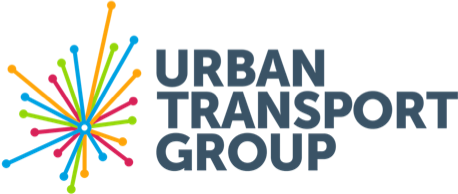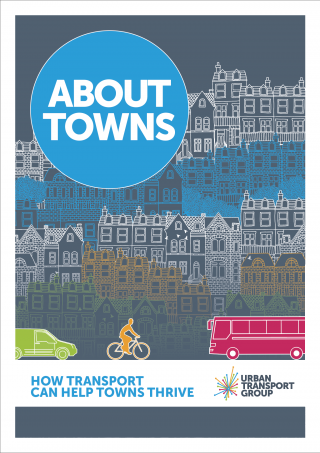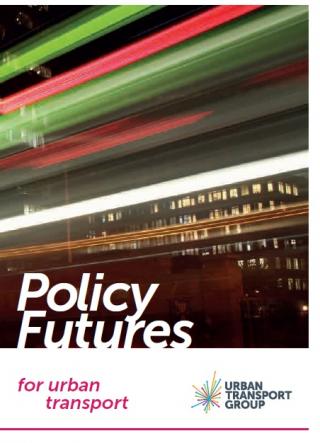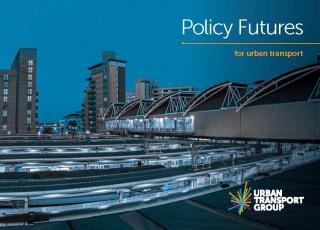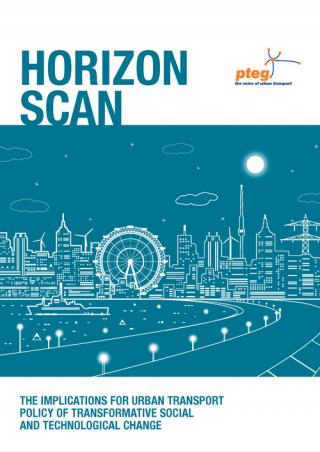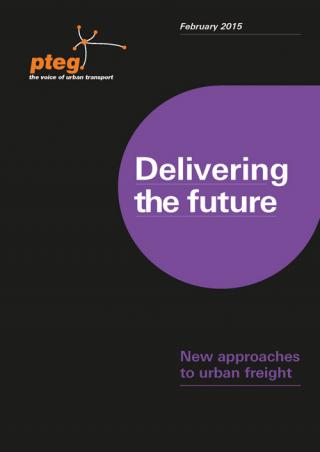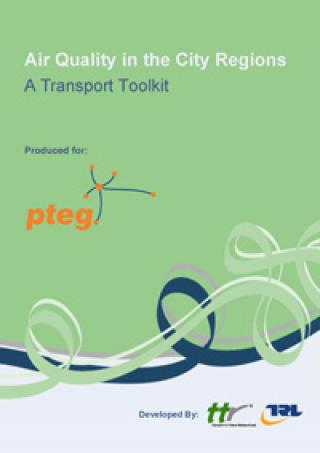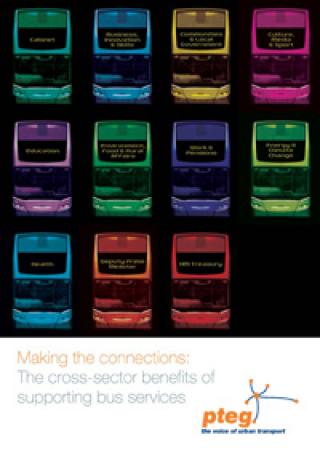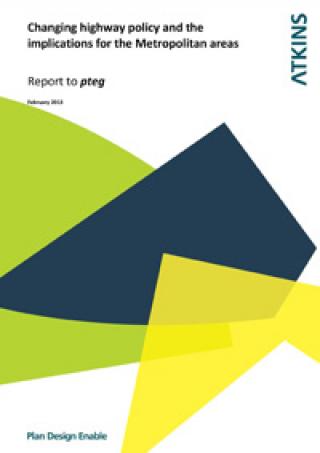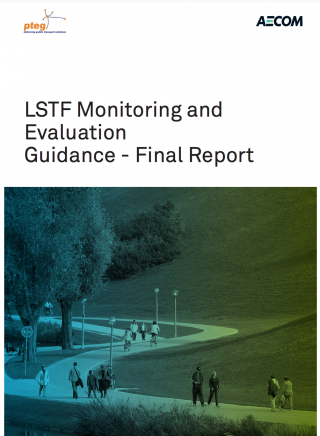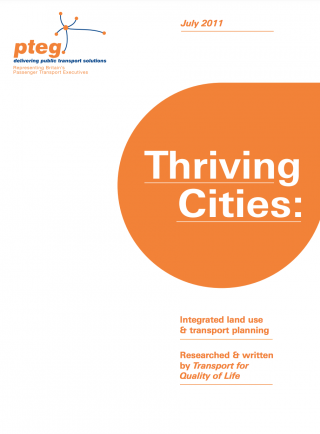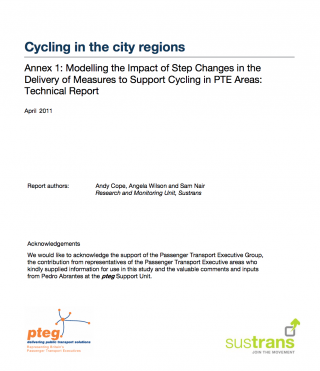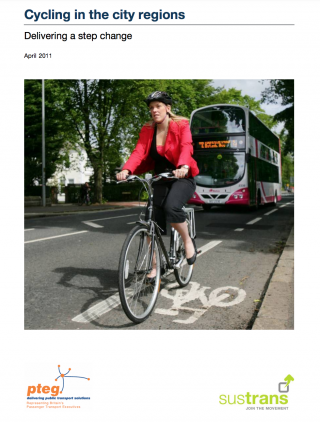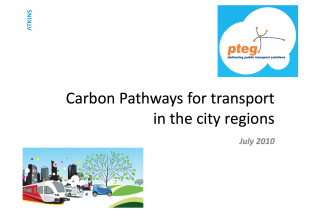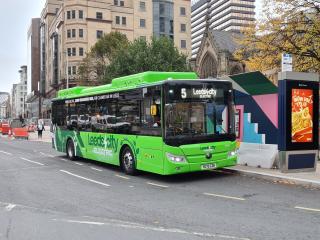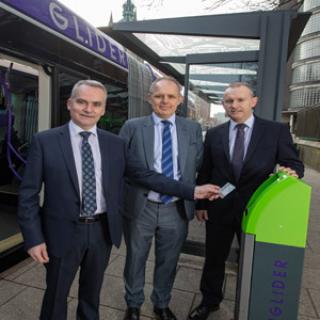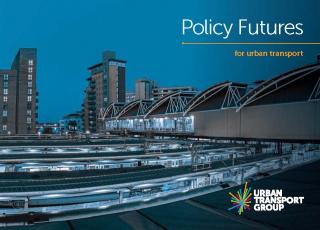Sustainability
Transport has a key role to play in cutting carbon emissions and improving air quality as well as making our city regions more climate resilient and bio-diverse. To achieve this we will need to make more journeys by more sustainable means.
We also need to decarbonise urban vehicle fleets and make the connections across transport, energy and the built and natural environments.
Making the connections on climate
The world is facing a climate crisis. We need to move beyond a siloed approach to reducing carbon emissions from different sectors - including transport - in isolation and instead seek to make more connections between those sectors.
Urban Transport Next 16: This is not a drill
Review of Net Zero: call for evidence
Our response to a call for evidence on the government’s approach to delivering its net zero target, as part of an Independent Review of Net Zero.
Decarbonising urban vehicles - Challenges and opportunities for city region public authorities
Transport Decarbonisation Plan
This is our response to the Government's Transport Decarbonisation Plan, which requested ideas about the next steps to reducing emissions in transport and creating a plan to ensure the UK meets its net zero emissions by 2050 target.
